
The Syrian Presidency has announced that the terrorist organization PKK’s Syrian offshoot YPG has formally joined the Syrian Army.
The agreement was signed by Ferhat Abdi Sahin, one of the ringleaders of the YPG terrorist group, and Ahmed al-Sharaa, the interim president of Syria.
Abdi, code-named Mazlum Kobani, also known as Mazloum Abdi, is a wanted terrorist group figure by Türkiye.
The development reportedly follows weeks of negotiations and signals a significant change in the balance of power in northern Syria, with potential global implications.
The agreement includes eight key provisions and aims to integrate YPG/PKK into Syria's central command structure while addressing longstanding regional integrity concerns. Israel's efforts to undermine Syria's current power vacuum continue.
According to the Turkish media outlet, Hurriyet's columnist Hande Firat shared the details in an article about the agreement in Syria.
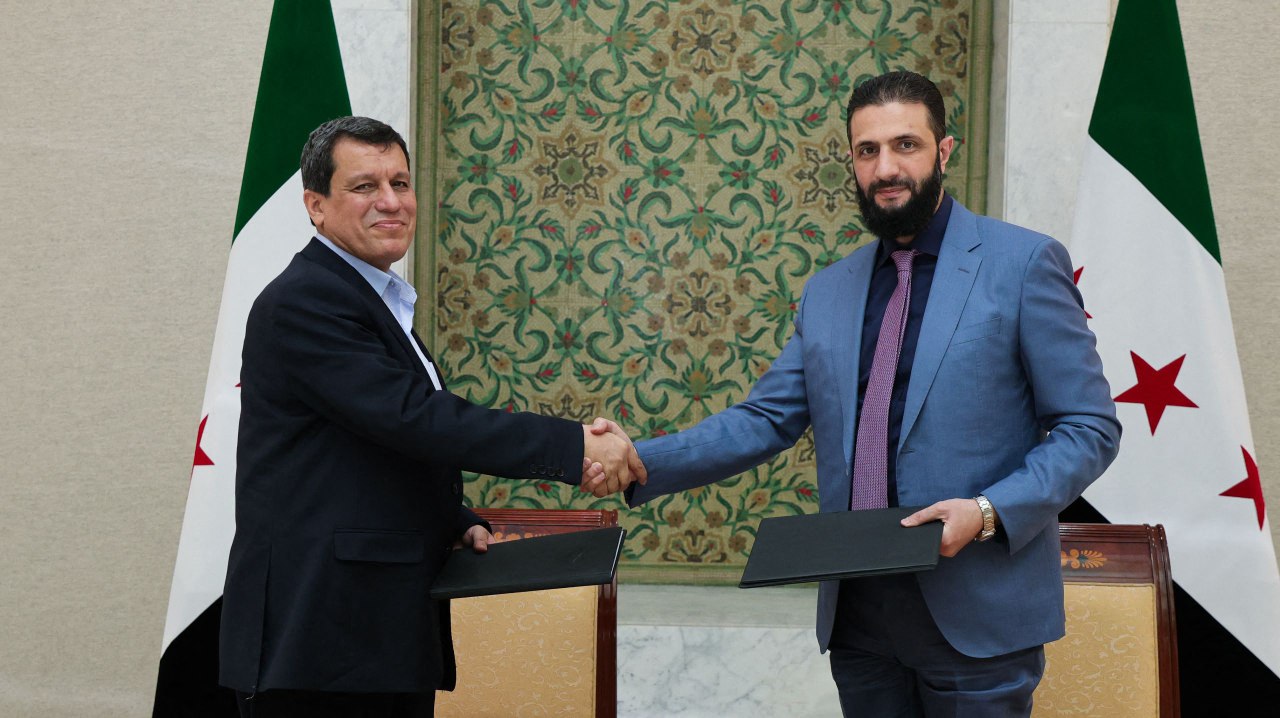
According to the report, Ankara has taken a measured stance on the agreement, emphasizing the importance of its implementation over its initial announcement.
Turkish officials speaking to the media have described their position as one of "cautious optimism," highlighting the necessity of concrete actions to ensure the deal serves regional stability.
Turkish intelligence and diplomatic channels have reportedly been actively engaged throughout the process, seeking guarantees that the agreement does not lead to further threats along Türkiye's southern border.
Senior Turkish officials have reportedly held extensive discussions with regional and international actors, emphasizing the need for a stable and secure Syria.
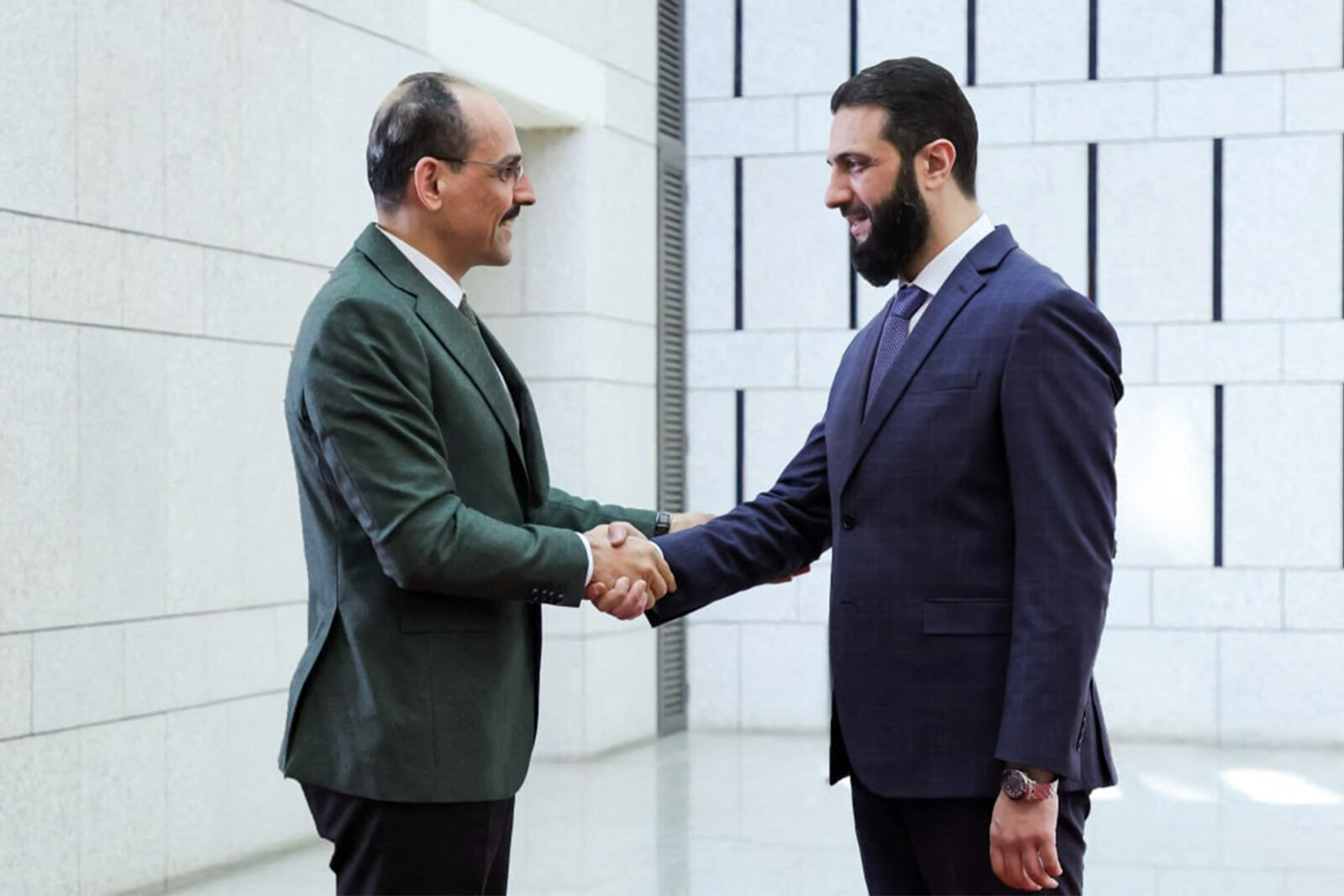
The initial discussions between Ferhat Abdi Sahin and Syrian Interim President Sharaa took place two months ago, and the United States sought to participate in them.
However, the Syrian leadership reportedly declined Washington’s request, signaling a shift in diplomatic alignments.
Despite this, the U.S. continued to exert influence on the process. Sources indicate that American officials urged YPG's so-called leadership to negotiate with Damascus while simultaneously considering troop reductions in Syria.
This marked a departure from Washington's previous strategy and added pressure on the terrorist group PKK's Syrian offshoot YPG to engage with the Sharaa-led government.
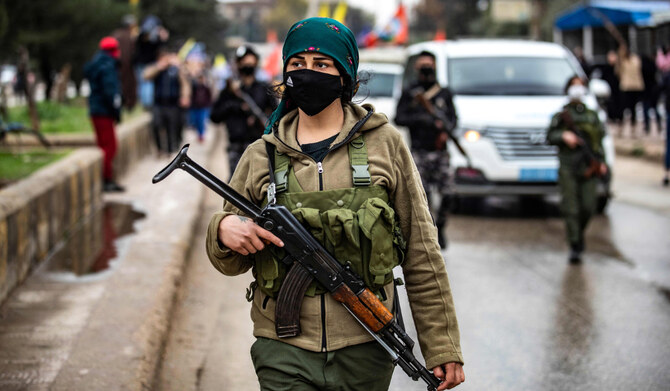
In response to these developments, Türkiye reportedly intensified diplomatic efforts, engaging regional and global stakeholders.
Turkish intelligence and military officials met with their Syrian counterparts in January to outline a road map for future relations.
Türkiye conveyed key conditions to all involved parties, including:
These conditions aligned with Syria's broader vision of national unity, ensuring Ankara's concerns were addressed in the framework of the agreement.
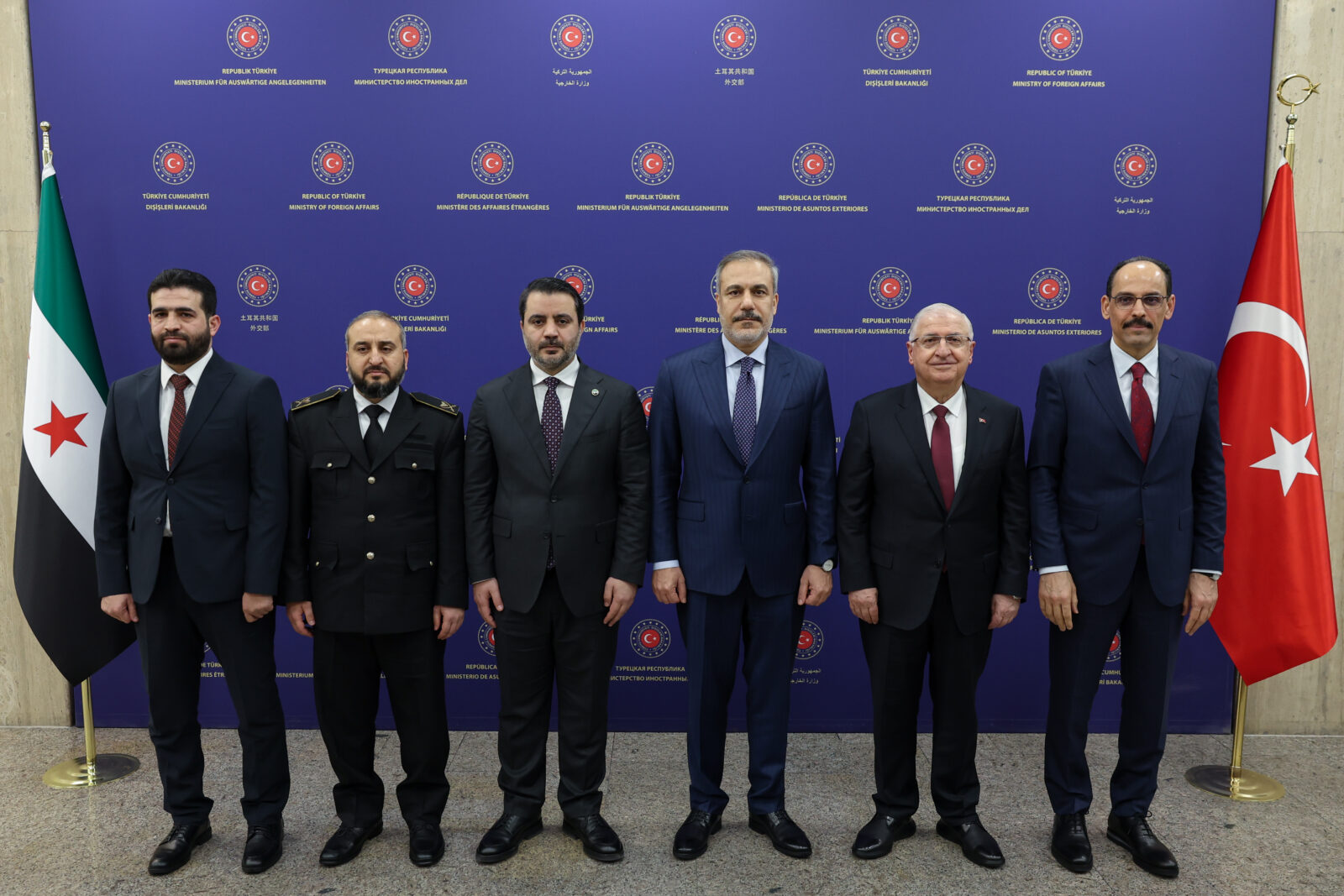
The agreement mandates a gradual transition process for terrorist YPG members, starting with disarmament and eventual integration into the Syrian Army.
Approximately 4,000 non-Arab YPG terrorists are expected to be reassigned or demobilized under the plan.
Additionally, key security measures include:
While these steps are expected to unfold in phases, their swift execution remains a priority for both Syria and Türkiye.
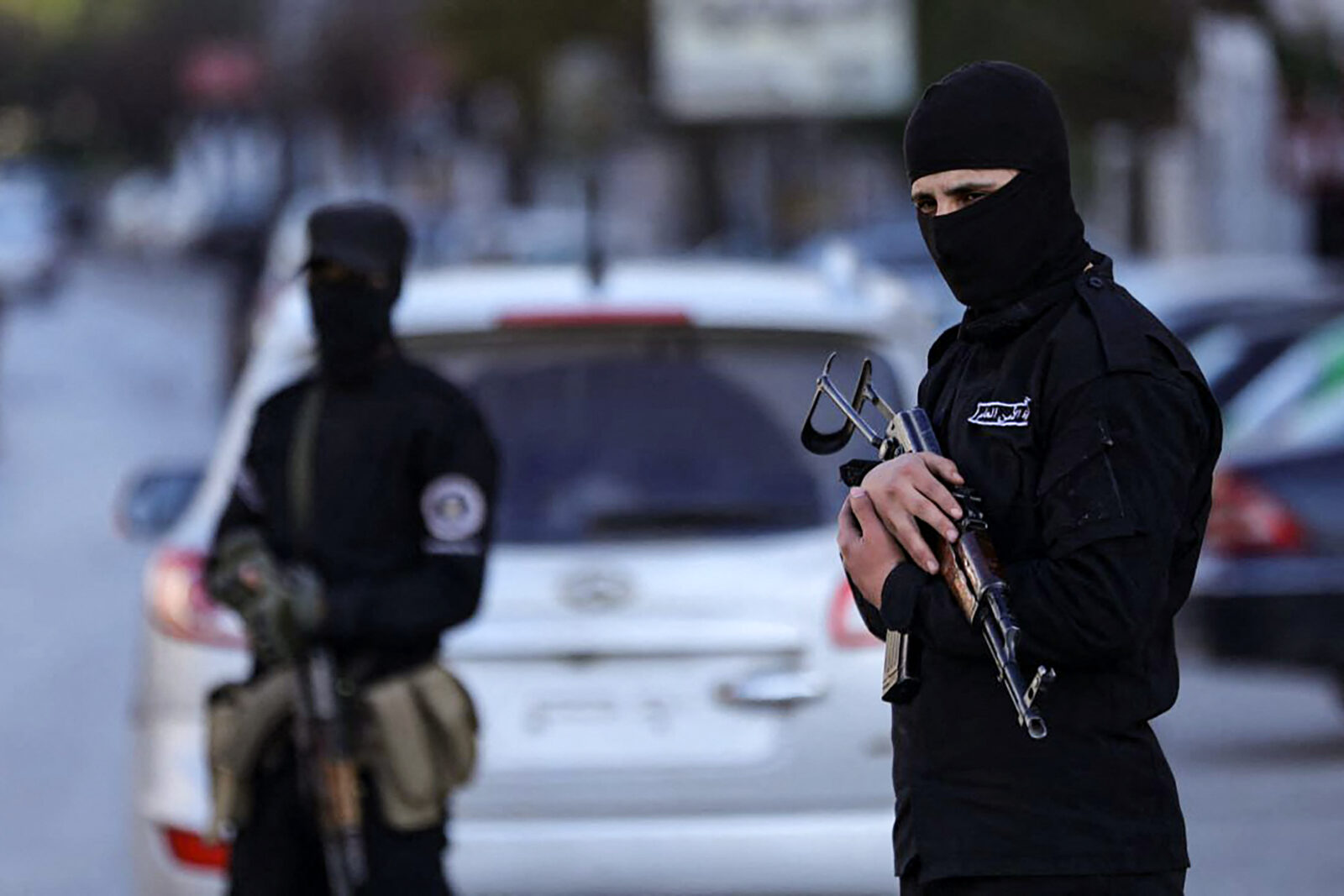
The agreement also includes provisions for counterterrorism cooperation, particularly against Daesh.
The U.S. has historically justified its support for the YPG as part of its broader anti-Daesh campaign. However, Türkiye, Syria, Iraq, Lebanon and Jordan are now working on a coordinated effort to manage security challenges without direct U.S. involvement.
A new Joint Operations Center is expected to be established in Damascus, facilitating intelligence-sharing and coordinated counterterrorism operations across the region.
Key measures include:
The agreement's regional implications extend beyond Syria, potentially reshaping Ankara's long-standing counterterrorism policies.
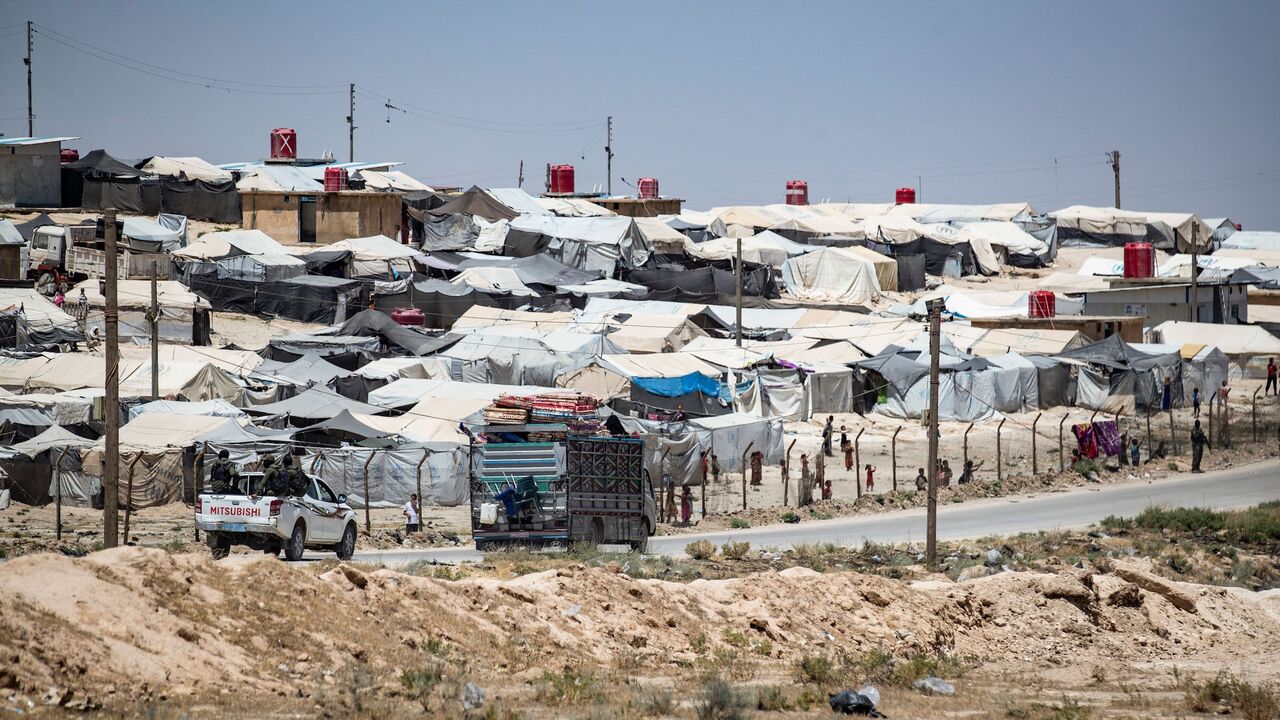
The success of the agreement reportedly will depend on its implementation, with Türkiye closely monitoring compliance.
Turkish officials have made it clear that any delay or deviation from the outlined steps could lead to alternative measures, including unilateral actions to protect national security.
Analysts suggest that some YPG groups may resist full integration, seeking alternative arrangements. However, both Syrian and Turkish authorities have signaled a firm stance on enforcing the agreement.
Furthermore, with U.S. influence in Syria waning, regional actors are expected to take on a greater role in shaping the future of the conflict.
Ankara has warned that any attempt to use the agreement as a stalling tactic will not be tolerated.